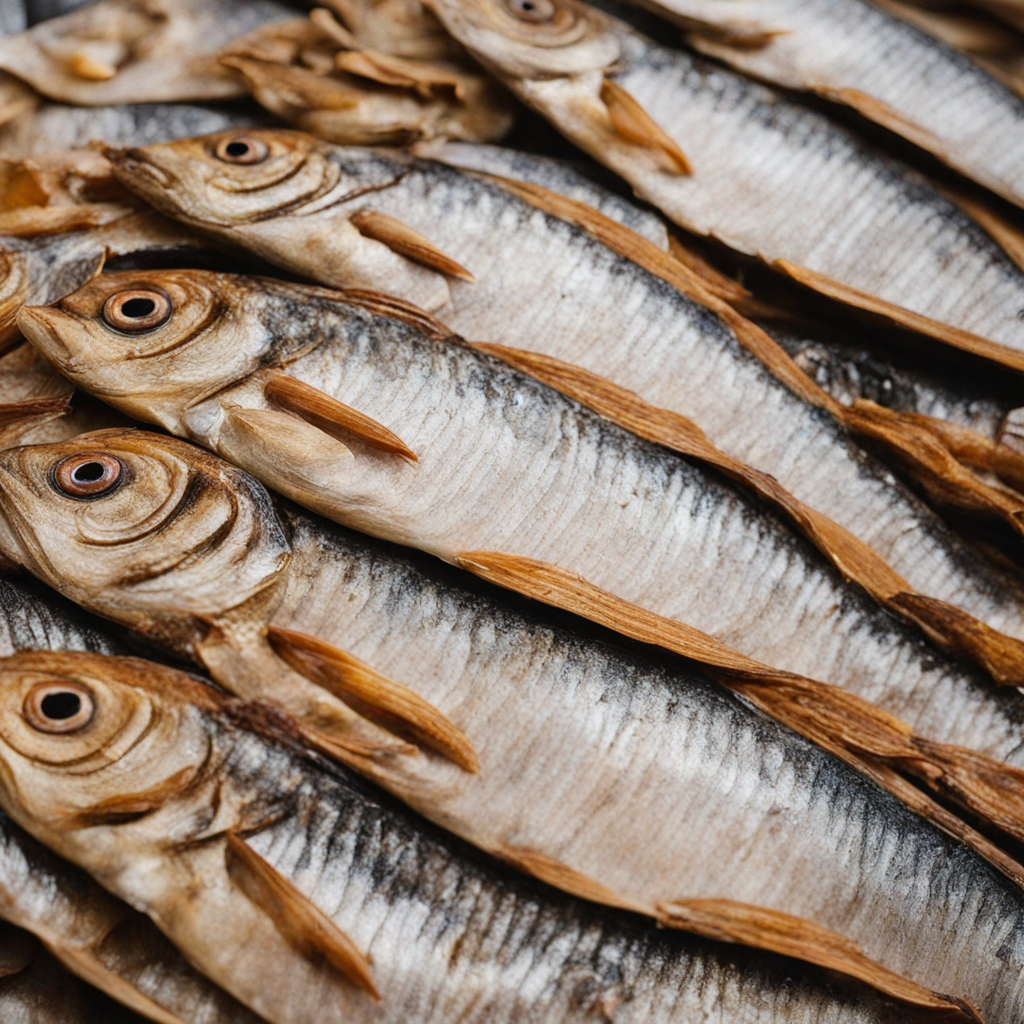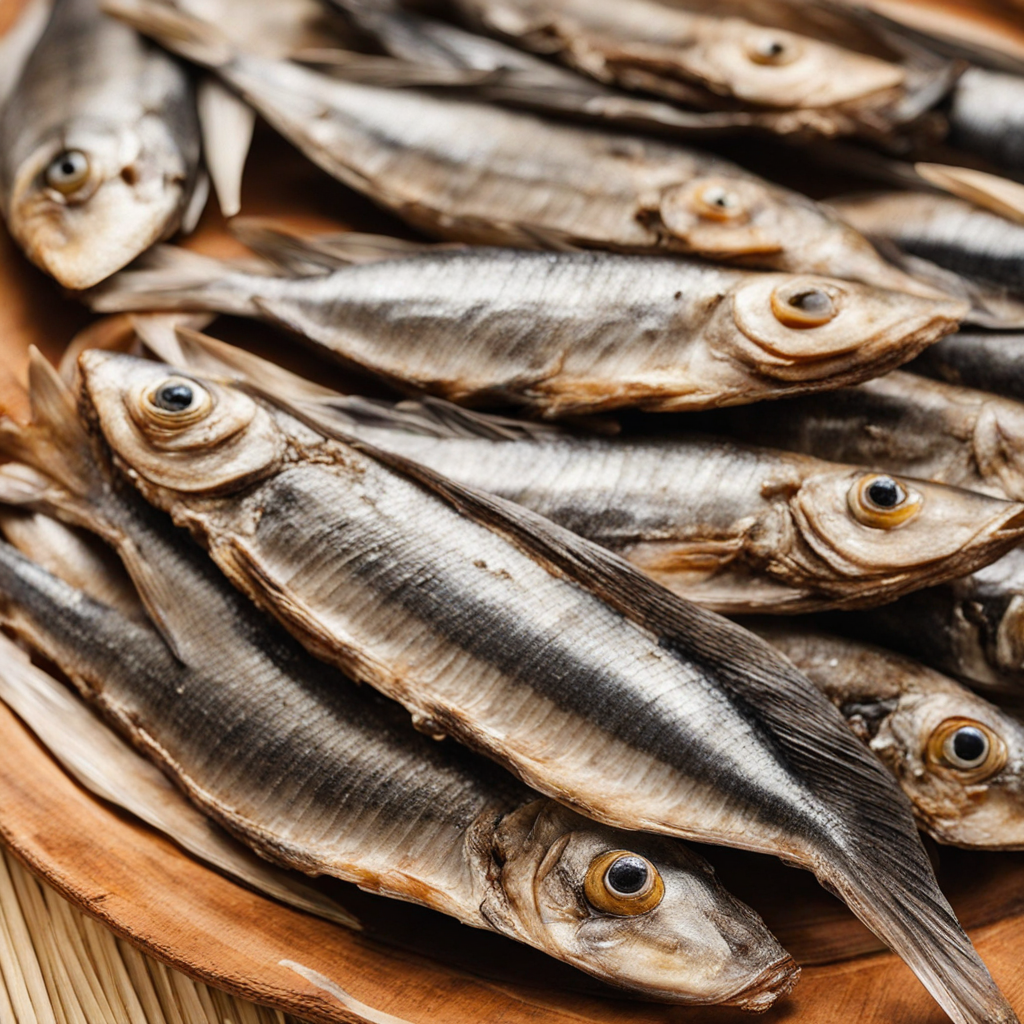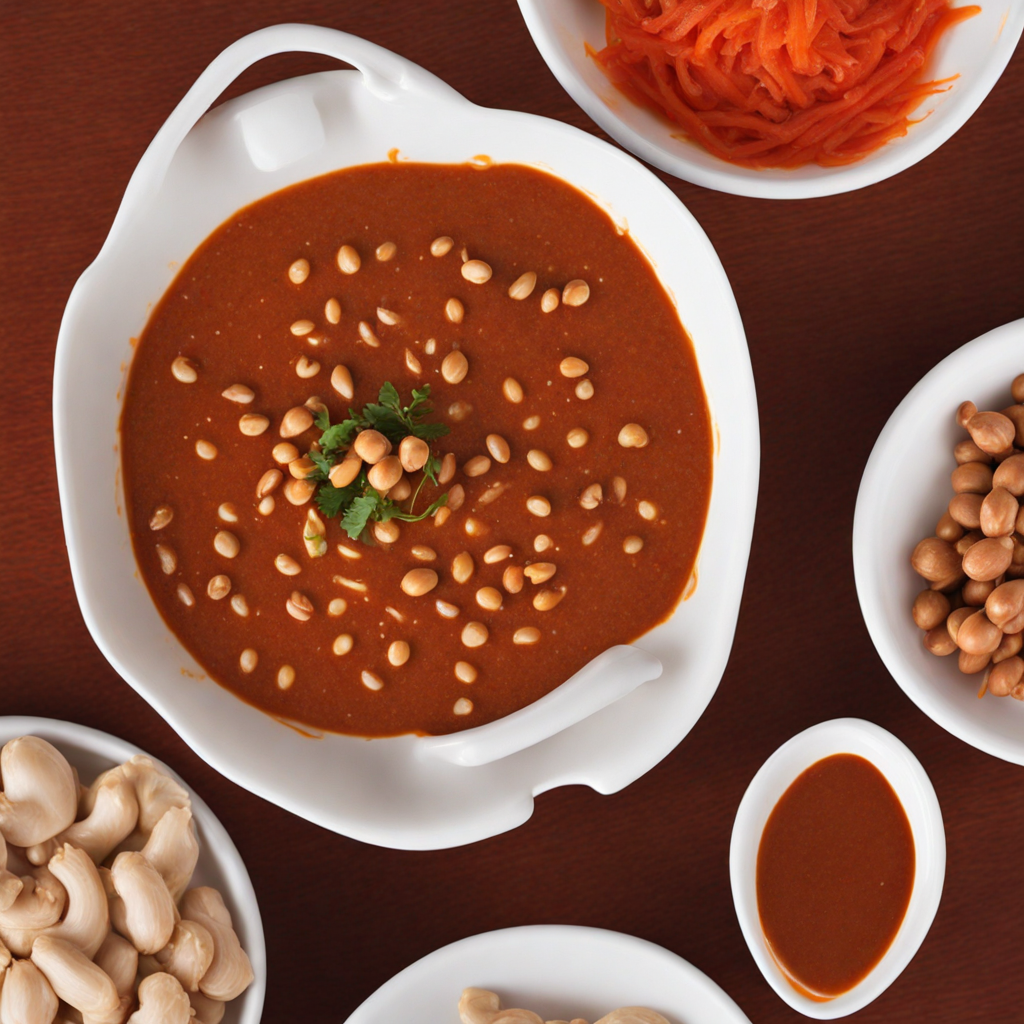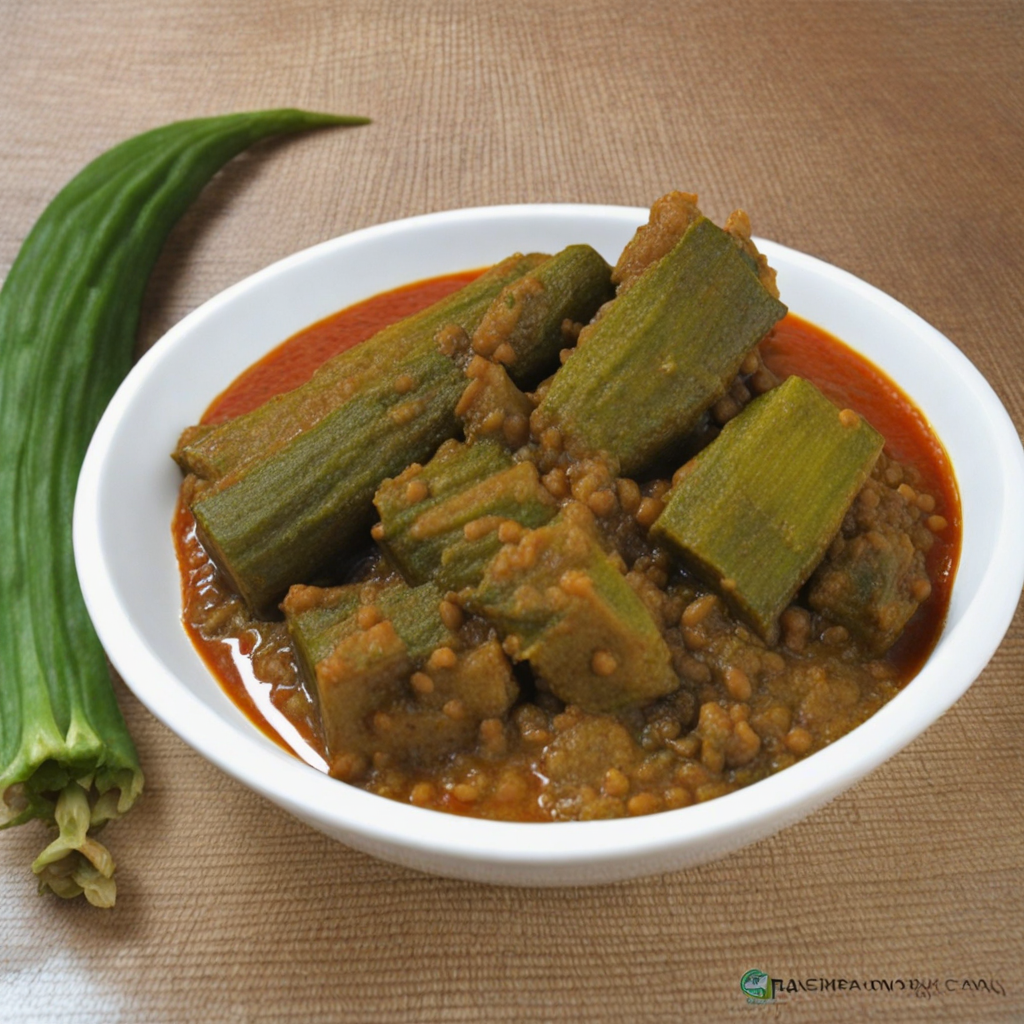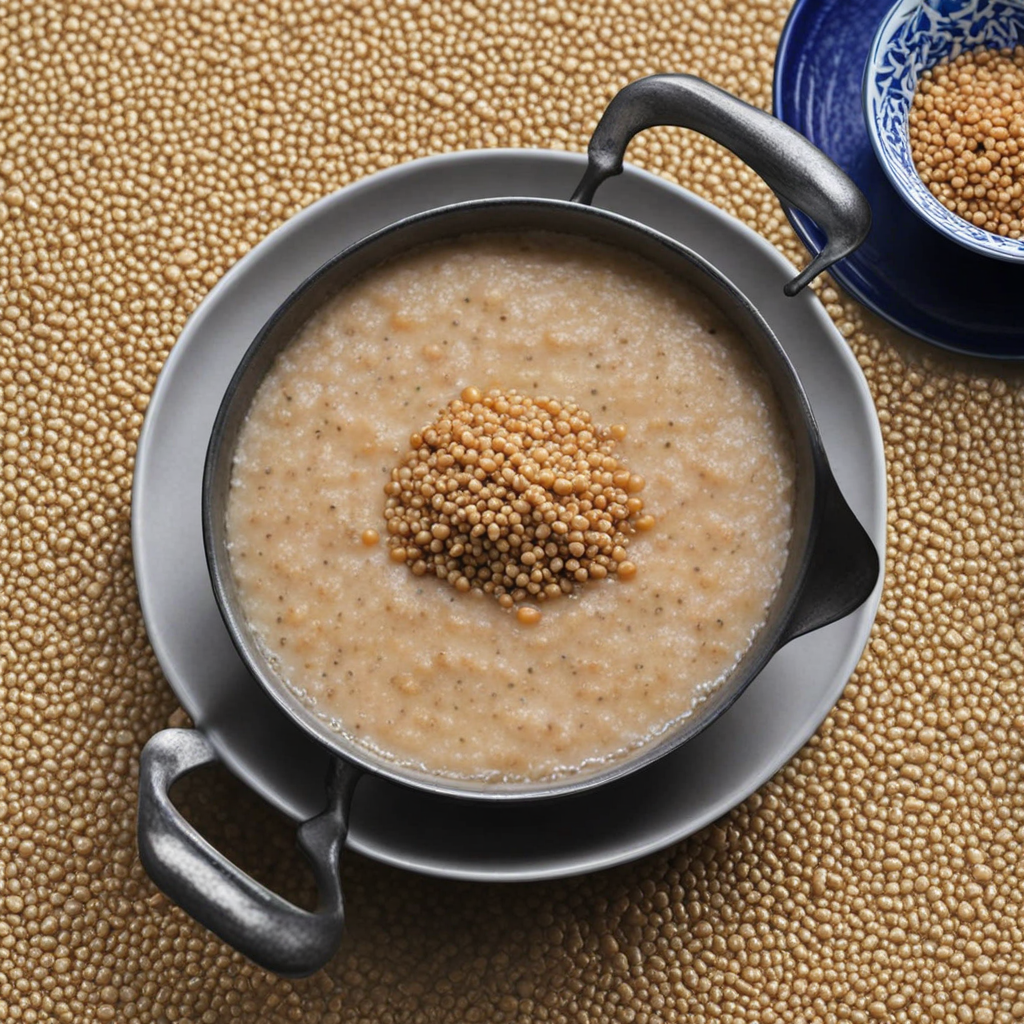Dried Fish
Dried fish is a cherished culinary staple in Niger, offering a unique taste experience that reflects the country's rich cultural heritage and its connection to the Niger River. The process of drying fish, typically from species like tilapia or catfish, enhances the natural flavors while preserving the fish for longer periods. This traditional method involves salting and sun-drying the fish, resulting in a firm texture and a concentrated umami taste that is both savory and slightly briny. The aroma of dried fish is distinct, often evoking memories of coastal regions and traditional fishing practices, making it a beloved ingredient in many Nigerien households. In Niger, dried fish is often incorporated into a variety of dishes, adding depth and complexity to stews, soups, and sauces. It is commonly rehydrated before cooking, allowing the fish to absorb flavors from accompanying ingredients such as tomatoes, onions, and spices. The final dish showcases a harmonious blend of flavors, with the dried fish contributing a satisfying chewiness and a burst of oceanic taste that complements the earthiness of local vegetables and grains. This versatility makes it an essential component of many traditional meals, often served alongside staple foods like millet or rice. Beyond its flavor, dried fish also holds significant nutritional value, being rich in protein and omega-3 fatty acids. It serves as an affordable source of sustenance for many families in Niger, particularly in rural areas where access to fresh fish can be limited. As you explore the culinary landscape of Niger, tasting dried fish will not only introduce you to a new flavor profile but also connect you to the heart of Nigerien culture, where food is a celebration of community and tradition.
How It Became This Dish
Poisson Séché: A Culinary Gem of Niger Origins and Historical Context Poisson séché, or dried fish, is a staple food in Niger that reflects the country’s rich geographical and cultural tapestry. Niger, a landlocked nation in West Africa, is characterized by its arid climate and the presence of the Niger River, which serves as a lifeline for many communities. The river not only provides water for agriculture and livestock but also supports a vibrant fishing industry. Historically, the practice of drying fish dates back to ancient times when communities needed a means to preserve their catch for longer periods. The process of drying fish is an age-old preservation technique that allows for the storage of surplus fish, particularly in regions where fresh produce is not readily available year-round. In Niger, this practice emerged alongside fishing communities that relied on the Niger River for sustenance. The riverine ecosystem provided a variety of fish species, which were harvested and dried using traditional methods. The earliest records of Poisson séché in Niger can be traced back to indigenous fishing communities along the Niger River. These communities developed techniques that not only extended the shelf life of fish but also enhanced its flavor. The drying process typically involves salting the fish and then exposing it to the sun. The result is a product that is both nutritious and versatile, able to withstand the rigors of transport and storage. Cultural Significance Poisson séché is more than just a food item in Niger; it is a cultural symbol that embodies the resilience and adaptability of the people. In many Nigerien households, especially among the Hausa and Zarma ethnic groups, dried fish plays a crucial role in daily meals, particularly in rural areas where access to fresh produce may be limited. The preparation of Poisson séché is often a communal activity. Families and neighbors come together to fish, salt, and dry the catch, fostering a sense of community and shared purpose. The fish is typically served with a variety of side dishes, such as rice, millet, or vegetables, creating a balanced meal that reflects local agricultural practices. In addition to its nutritional value, Poisson séché also holds economic significance. It is a source of income for many families who engage in fishing and drying fish for sale in local markets. The availability of dried fish contributes to food security in a country where droughts and climate change can severely impact agricultural production. Moreover, Poisson séché is often traded across borders, connecting Niger to neighboring countries like Mali, Nigeria, and Benin, thus enriching regional culinary traditions. Development Over Time As Niger's society has evolved, so too have the methods of preparing and consuming Poisson séché. Traditionally, fish was dried under the sun, but with the advent of modern technology, some fishers have adopted new techniques that enhance efficiency and safety. The introduction of solar dryers and improved preservation methods has allowed for better quality control and reduced spoilage, making Poisson séché even more accessible. Despite these advancements, many Nigeriens remain committed to traditional methods, valuing the flavor and cultural heritage associated with sun-dried fish. This blend of old and new practices illustrates the dynamic nature of Nigerien cuisine, where tradition and innovation coexist. Moreover, the globalization of food culture has begun to influence the consumption patterns of Poisson séché. As Nigerien diaspora communities spread across the globe, the demand for traditional foods has increased. This trend has led to the establishment of specialty shops and restaurants that cater to expatriates, introducing Poisson séché to a wider audience and showcasing its versatility beyond local cuisine. Culinary Uses The versatility of Poisson séché is one of its most appealing aspects. It can be incorporated into a variety of dishes, from stews and soups to salads and savory pastries. One popular preparation is the "soup de poisson," a rich, flavorful broth that highlights the umami of the dried fish. This dish is often accompanied by rice or fufu, emphasizing the importance of starches in Nigerien meals. In urban areas, Poisson séché is often featured in street food, where vendors sell it grilled or fried, often served with spicy sauces or accompanied by local condiments. The accessibility of dried fish makes it a convenient option for busy city dwellers who seek quick and nourishing meals. Additionally, Poisson séché is celebrated during special occasions and festivities. In weddings and communal feasts, it is often prepared in larger quantities, symbolizing abundance and hospitality. The act of sharing a meal that includes Poisson séché is a gesture of goodwill, reinforcing social bonds within communities. Challenges and Sustainability Despite its cultural and economic importance, the production and consumption of Poisson séché face challenges. Overfishing and environmental degradation threaten the sustainability of fish populations in the Niger River. Climate change, in particular, poses a significant risk, affecting water levels and the overall health of aquatic ecosystems. In response to these challenges, local communities and organizations are advocating for sustainable fishing practices and policies that protect marine resources. Efforts are also being made to educate communities about the importance of preserving traditional methods of fish drying while integrating modern technology to enhance production. By promoting responsible fishing and sustainable practices, the legacy of Poisson séché can be safeguarded for future generations. Conclusion Poisson séché is not merely a food item but a vital component of Niger's cultural identity, reflecting the intersection of tradition, community, and resilience. Its historical roots in the fishing communities along the Niger River have shaped not only the culinary landscape of Niger but also the social fabric of its society. As the country navigates contemporary challenges, the enduring popularity of Poisson séché stands as a testament to the adaptability of its people and their deep connection to their culinary heritage. Through a commitment to sustainable practices and a celebration of traditional methods, Poisson séché will continue to thrive, nourishing both body and soul for generations to come.
You may like
Discover local flavors from Niger


